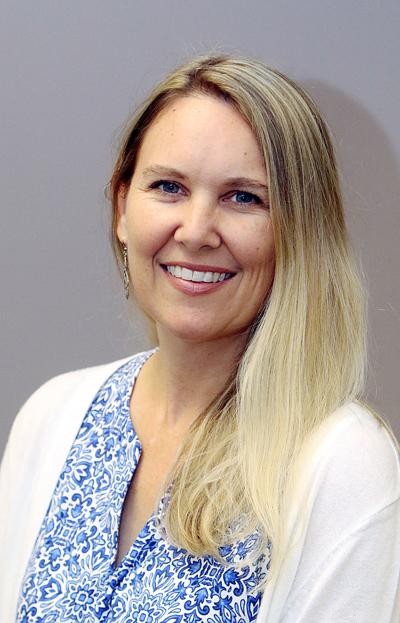Did you know America has a smell? Well, it does, but don’t look for it in the Yankee Candle catalog.
When our family returned home on New Year’s Eve from a road trip, we walked into our house and my two daughters breathed deeply and gave a satisfied sigh, “Oh, it smells like America!”
I didn’t give it much thought at the time. I was just glad the house didn’t smell like forgotten garbage or dirty laundry. But it did strike me as interesting, because we have lived in America for six months now and we’ve been smelling America all this time. So why are they commenting on it now?
A few days later one of the girls again said something smelled like America, and I asked her to explain what she meant.
“I don’t know, it just does,” she said. “Maybe it’s the Christmas tree.” (By the way, am I the only one with a Christmas tree still up?)
“It’s just ….clean,” said my other daughter. “And it smells a little like Nana’s house.” Nana is my mom, and it’s where we would spend most of our breaks in America.
They couldn’t quite define what it was that made that “America” smell, beyond “Christmas tree,” “clean” and “Nana’s house.”
My son offered a possible explanation as to why they couldn’t break it down. “Maybe you can only smell it if you’re a TCK,” he suggested. A TCK, third-culture kid, is one who has lived most of his life in a culture different from his passport culture.
It warmed my heart, actually, for them to speak with fondness about our new home. It’s not been an easy transition from Indonesia to America for us, especially for the kids.
But I was a little bummed that I couldn’t smell it for myself, this America smell. Usually I smell everything. You see, I have been blessed, or maybe it’s cursed, with a keen sense of smell. Sometimes in Indonesia, I’d walk into our house and declare, “David, there is something dead within a mile radius of our house.” He loved it when I said that. It usually involved tearing the house apart until we found the offending dead creature, usually an unfortunate gecko that had been inadvertently smashed into a doorjamb.
A trip to the pasar, or open market, could send me into olfactory overload. But there were good smells, too, like the night jasmine bush outside our front door, or the warm sand smell at the beach, or the smell of fried bananas intermingled with the smell of the kerosene used to cook them.
We have had moments in Idaho when we have smelled Indonesia. While out for a walk, my older daughter caught a whiff of wood smoke and said, “Oh, that smells like OE.” OE, or Outdoor Education, was an annual trip her high school would take into a mountain village in the interior of Papua.
I will often sniff the pineapples in the grocery store, hoping to smell one that comes even a tiny bit close to the heavenly smell of fresh-picked pineapples from my yard in Papua.
We experience our world through our noses, and there is a close link between smell and memory. I reached out to Sarah DeBoard Marion, a clinical neuropsychologist and associate professor at NNU, to help me understand this connection.
“Smell is a little different from the other senses,” she told me. “Smell bypasses some of the usual routes the other senses take. It’s more primal, more immediate. It connects to our fear/memory center. It’s a much more visceral route to your brain.”
That short connection between the smell center and memory center helps explain why dried fish makes me think of an Indonesian market, and wood-smoke makes my daughter think of times spent in Papuan village huts.
And now we are laying down new memories. The smell of a mint field is now connected to our first summer in Nampa. A few weeks ago we went to McCall and my kids experienced a winter wonderland for the first time. As we snowshoed through a magical meadow of fresh-fallen snow, we commented on the smell — cold, clean and a hint of pine.
A new smell attached to a very happy memory.
Natalie, along her husband David and four kids, are new to the Nampa area after having spent the last 17 years in Indonesia, working with Mission Aviation Fellowship (MAF), a Nampa-based Christian organization that uses small aircraft to assist people living in the most isolated places in the world. Natalie has written for a number of newspapers and publications, and is passionate about the outdoors, reading, and traveling. Follow along with her in this new monthly column as she explores her new life in Nampa.













